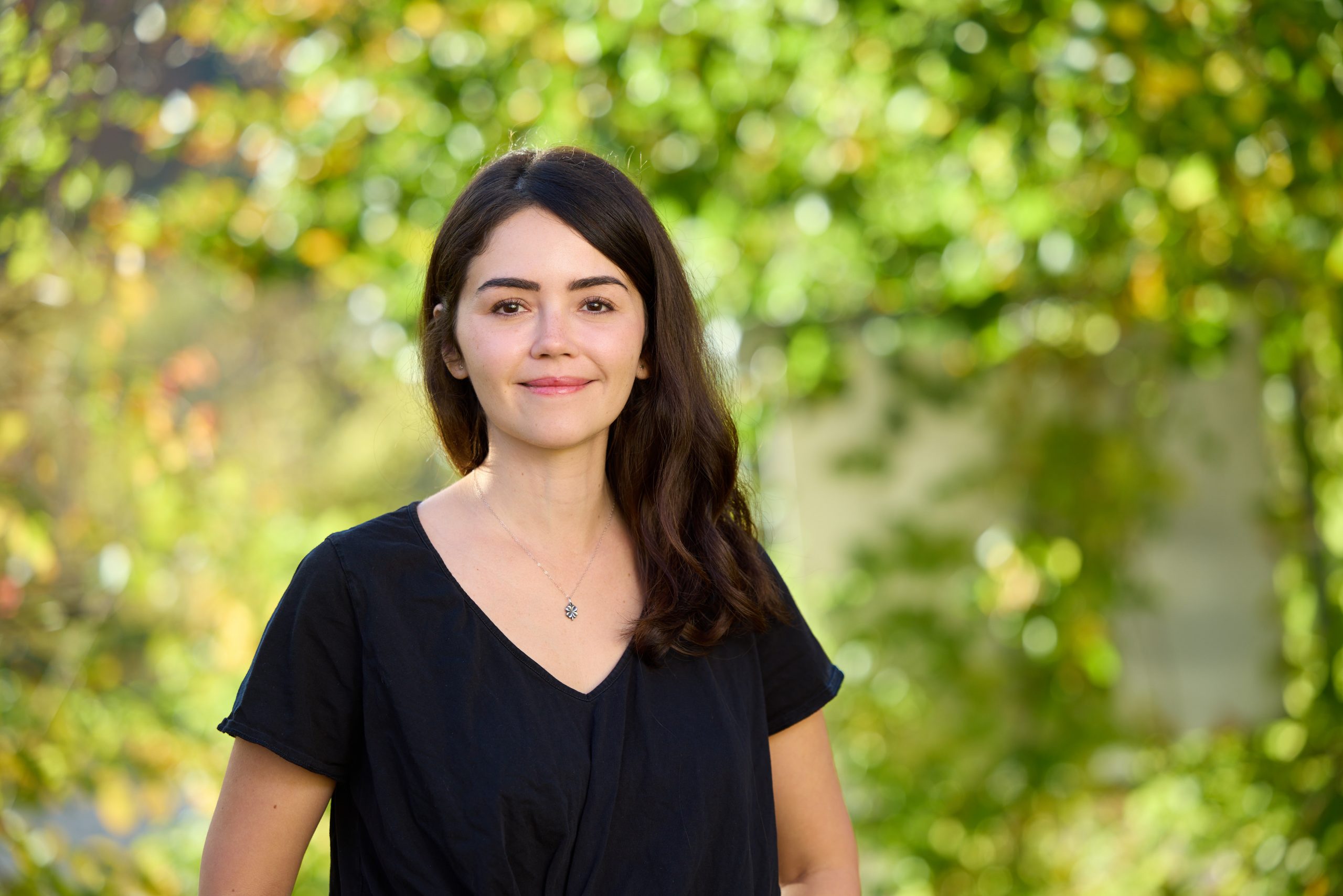CoE Board of Directors Member and CEMM Group Leader Clarissa Campbell will investigate the role of immunoregulatory bacterial molecules produced in response to food intake.
Intestinal microbial communities expand the functional capabilities of the host via their metabolic attributes. From energy harvest to the production of vitamins, the gut microbiota shapes mammalian physiology and is often considered a postnatally developed “organ”. Yet, the microbiome poses a formidable challenge to the immune system: How can we host trillions of bacteria without mounting an inflammatory response?
Gut immune homeostasis relies on the balanced action of suppressive and inflammatory T cell subsets. Clarissa discovered that bacterial metabolism of bile acids and dietary fibers promotes the differentiation of suppressive T cells. Given the complexity of the microbiome, finding other immunoregulatory cues deployed by gut bacteria and their mechanisms of action remains a major challenge, and the logic behind these tolerance mechanisms is not understood.
Clarissa and her team will use a novel conceptual framework to bridge this gap: based on previous findings, They postulate that immunoregulatory bacterial molecules are produced in response to food intake. Within this emerging paradigm, they selected two new groups of bacterial molecules for immediate investigation and developed a strategy to identify novel putative immunoregulatory candidates based on a careful examination of microbial metabolism after food intake.
They will find the molecular targets of active molecules using chemical screening and chemoproteomic methods and test metabolites in vivo by colonizing germ-free mice with genetically manipulated bacterial strains.


